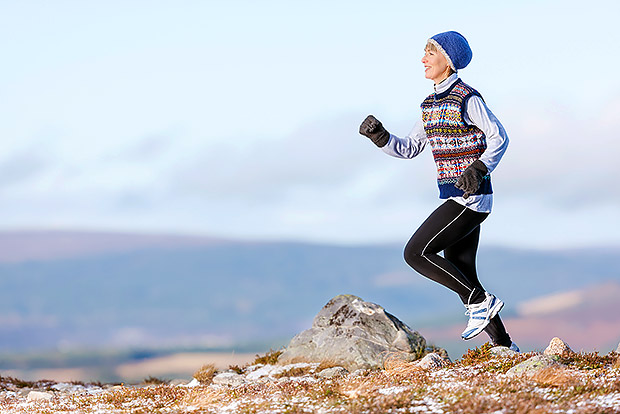
Aging affects our mental and physical health, but it’s important to know that many of these changes are due to inactivity and excess body fat. You have the power to slow the aging process through regular exercise and eating right.
Endurance
According to the Harvard Medical School, a man’s maximum heart rate begins to decrease by 1 beat per minute per year beginning in his late 20s. In addition, there is a decrease in the amount of blood the heart can pump, which leads to a decrease in aerobic fitness. Regular exercise can slow the decrease in maximum heart rate, increase the heart’s ability to pump blood, and reduce blood pressure.
Muscular Strength
Research shows that adults lose 8% or more of their muscle mass each decade after they reach 40. Strength training helps to slow this loss. The National Institute of Aging recommends that adults do two 30-minute strength-training sessions each week. Try weight lifting, weight machines, muscle conditioning classes, or exercise bands.
Flexibility
Limited range of motion is a major factor in reduced mobility for older adults. The more you exercise, the better your flexibility, and in turn, the easier it is for you to be active. Cardio exercise, strength training, and stretching exercises work hand-in-hand to improve your range of motion.
Mental Decline
Aging causes the brain to shrink, which is linked to poor memory and depression. Recent research shows that regular exercise may reduce brain shrinkage. A study of adults over age 70 found that those who participated in moderate-intensity physical activity (such as walking) several times a week had less brain shrinkage than those who did little activity.
Social Engagement
Retirement, loss of loved ones, and loneliness put older adults at risk for sadness and anxiety that could lead to chronic depression. Exercise not only improves mood, but it presents opportunities for social engagement. Regardless of your age, social exercise helps you build relationships with like-minded people. These relationships can improve self-esteem and keep you feeling connected as you age, reducing feelings of loneliness. Find exercise classes at the gym, walking clubs, or recreational sports teams, and start exercising with others.
Sources



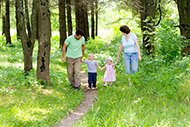 5 Ways to Burn 300 Calories this Weekend
5 Ways to Burn 300 Calories this Weekend
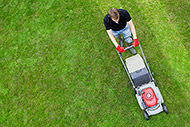 The Best Home and Garden Chores for Burning Calories
The Best Home and Garden Chores for Burning Calories
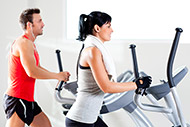 5 Tips for Making Exercise a Habit
5 Tips for Making Exercise a Habit
 Best Ways to Stay Safe during Exercise in Hot Weather
Best Ways to Stay Safe during Exercise in Hot Weather
 11 Tips for Exercise Motivation
11 Tips for Exercise Motivation
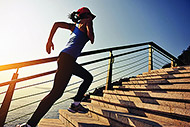 Signs You Need to Increase Exercise Intensity
Signs You Need to Increase Exercise Intensity
 Mistakes to Avoid When Setting Fitness Goals
Mistakes to Avoid When Setting Fitness Goals
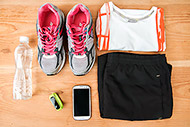 Essential Gear for Starting an Exercise Program
Essential Gear for Starting an Exercise Program

 Pinterest
Pinterest RSS Feed
RSS Feed